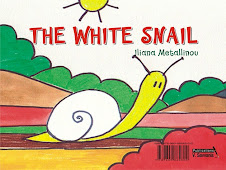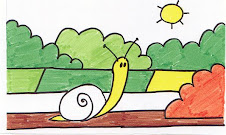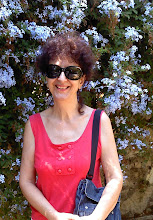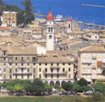
The small island of Corfu has always been considered a gem in Ionian Sea. The abundant green and its beautiful beaches used to attract people from all over the world, let alone its neighboring countries. So, Italian people could not underestimate Corfu’s beauty and strategic position, and claimed the island for the first time in the 12th century. The first Venetian occupation took place in 1205, and it was during that time that a lot of significant changes occurred on the island.
The Venetian culture
The Venetians cared for the olive oil production, so during their occupation Corfu olive groves started to expand. Nowadays the whole island is still covered with olive trees. The Venetian culture affected greatly the lifestyle of the Corfiots who were at that time privileged to live in a higher level cultural background, in contrast with the other Greeks on the mainland who were under the Ottoman occupation. The establishment of the Ionian Academy is an example of the cultural influence from the west. The Academy, which was destroyed in the years to come, has been fully rebuilt and houses now a part of the Ionian University.
The Old Fortress
The Old Fortress is an excellent example of the fortification of the island that dates back to the Venetian times. This fortress has got a 60- meter bridge that links the castle to the square. Contra Fossa canal flows underneath and is currently used as a harbour for boats. At the entrance of the fortress there is the statue of Schulenburg who was a defender against the Turks. The fortress was first fortified by the Byzantines but the Venetians built complex tunnels and galleries to make it stronger. Inside the castle the visitor can see a prison building, the English Officers’ Quarters, the Barracks, the English Hospital and the chapel of Ayios Georgios, which is in Dorian style and was built by the English in 1840. From the top of the old fortress the traveler can see a panoramic view of Corfu town. The most picturesque part is that of the old town with the red tiled roofs and the traditional buildings.
The New Fortress
The Venetians also built the New Fortress which is on the North West side of Corfu town overlooking the old harbour. The two big gates of the New Fortress are still intact! On one gate visitors can see a winged lion. This is the Venetian emblem of Saint Marco. This fortress was completed in the 15th century.
The Esplanade
Another Venetian aspect that is still prevalent in Corfu town is the Esplanade (Spianada for the Corfiots) that is the heart of Corfu town. Spianada is next to the lower square of Corfu, and this area is the center for all local festivities and major social events. The top part of Spianada is at Liston place, which is called the small Paris, since it was built by the French during the French occupation of the island and its architecture is similar to the one found in Paris. The unique lamps at Liston were made by the Venetians and are an excellent sample of the art of that period.
More cultural influence
It is obvious that the Venetians influenced a lot the local architecture as well as all the other aspects of local life. Education was promoted and many institutions were set up, such as the music schools which are still running all over the island. Corfu has got 12 bands today! Celebrations and cultural events still include Italian aspects and the local language has been greatly affected too. The older generations still speak Italian and many modern residents still use some words that are of Italian origin. For example, the word ‘alibreto’ is used to describe the half closed window shutters. Time changes though, and I wonder if the new Corfiot generations will maintain that part of their tradition in the years to come!







2 comments:
Sounds like a wonderful and magical place. I'd love to visit there sometime! :)
The Old Silly from Free Spirit Blog
Corfu is a quiet, relaxing and romantic spot covered in green. If you like all that, then you will love this island!
Liana
Post a Comment